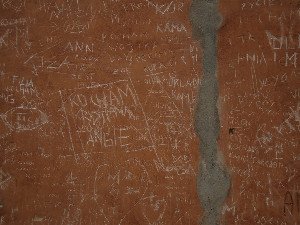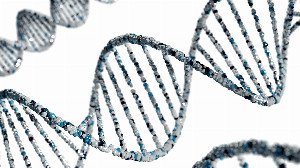Kiyotaka Sueyoshi
The American Revolutionary Spirit
Introduction
The american revolutionary spirit. Explore Whitman's poetics through the American Revolutionary spirit. This essay reveals Jefferson's overlooked influence, especially his ward system, on Whitman's political thought.
Abstract
The formation of Whitman’s poetics can be explained from various perspectives: mystical experience, Transcendentalism, politics, sexuality, and so on. Among these factors, the essay aims to study Whitman’s poetics in the context of politics, especially concerning the continuation of the spirit of ’76 — the American Revolutionary spirit. The essay emphasizes the influence of Jefferson on Whitman, particularly Jefferson’s ward system — the link so far overlooked — and argues that it has bearing on Whitman’s poetics. Jefferson sought the continuation of the American experiment of self-government, and, in this context, proposed a ward system — the county subdivision into smaller units. I will demonstrate that Whitman the Journalist showed great interest in Jefferson’s ward system, and that this new link puts Whitman’s poetics in a new light; Whitman’s “interior American republic” is a further subdivision of Jefferson’s “ward republic.” Before Whitman sought to solve the paradox of the individual and mass as well as the states and federal government — as the essay argues — Whitman, like Jefferson, needed to grapple with the paradox of the revolutionary spirit which includes contradictory elements, i.e. the spirit of the new and the concern with stability based on it.
Review
This essay proposes an intriguing re-evaluation of Walt Whitman’s poetics by situating them firmly within the lineage of the American Revolutionary spirit, specifically tracing an overlooked connection to Thomas Jefferson’s political thought. Moving beyond common interpretive frameworks such as mysticism or Transcendentalism, the author argues for the profound influence of Jefferson’s ward system on Whitman’s concept of an “interior American republic.” This thesis promises to offer a fresh perspective on how Whitman grappled with the fundamental paradoxes of American identity – the individual versus the mass, and the states versus the federal government – by linking his poetic vision to a practical, albeit theoretical, model for self-governance. The primary strength of this proposed study lies in its ambition to forge a novel intellectual bridge between two pivotal figures in American thought, offering a potentially significant contribution to Whitman scholarship. The emphasis on Whitman’s role as a journalist, and the assertion that he showed direct interest in Jefferson’s ward system, provides a compelling avenue for empirical substantiation of this connection. If successfully demonstrated, this new link could indeed illuminate Whitman’s complex poetic aims in a “new light,” particularly regarding his attempts to reconcile revolutionary dynamism with the necessity of political stability. The essay's stated goal of exploring how Whitman, like Jefferson, confronted the inherent contradictions of a revolutionary spirit – embracing both radical newness and the need for a stable foundation – suggests a rich and insightful analytical framework. While the central premise is highly promising, the abstract could benefit from further clarifying the precise mechanisms through which Jefferson’s ward system "has bearing on" Whitman's poetics. It is crucial for the full essay to meticulously detail *how* a political organizational model translates into poetic expression or informs the structure and themes of his verse. Additionally, the scope and nature of "Whitman the Journalist's" interest in the ward system will need robust evidence to underpin the argument's foundation. A more explicit articulation of *which* specific aspects of Whitman’s poetics are uniquely illuminated by this connection, beyond just the individual/mass paradox, would further strengthen the claim of offering a "new light." Nonetheless, this promises to be a thoughtful and well-argued piece that could significantly enrich our understanding of Whitman's political imagination.
Full Text
You need to be logged in to view the full text and Download file of this article - The American Revolutionary Spirit from Ad Americam .
Login to View Full Text And DownloadComments
You need to be logged in to post a comment.
Top Blogs by Rating
The Hidden Hunger: Decoding Yo...
By Sciaria
The Data Diet: What Big Data *...
By Sciaria
Whispers from the Walls: Unloc...
By Sciaria
Favorite Blog
Your Dynamic DNA: The Adapting...
By Sciaria
From Pills to Pixels: How Tech...
By Sciaria
Bending Light, Shaping Reality...
By Sciaria




